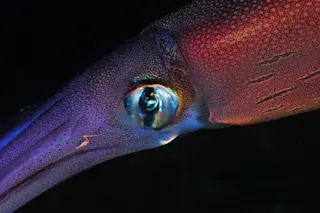The field of biology has been wildly successful by taking what's called a reductionist approach, i.e., you tackle a small problem in isolation in order to gain insight into larger questions. In his new book, Microcosm: E. coli and the New Science of Life, Science writer Carl Zimmer took that reductionist approach and applied it to a pretty big issue: life itself. For Zimmer, the system that serves as a model of all life, and of humanity's often uncomfortable relationship to it, is the unprepossessing gut bacteria, Escherischia coli. Covering all of life is a big task, and Zimmer made the challenge that much harder on himself by choosing to target the book to a general audience. Still, he handles the challenge extraordinarily well.
That's the introduction of John Timmer's review of Microcosm over at Ars Technica (a great technology and science site that was recently snatched up by Conde ...













